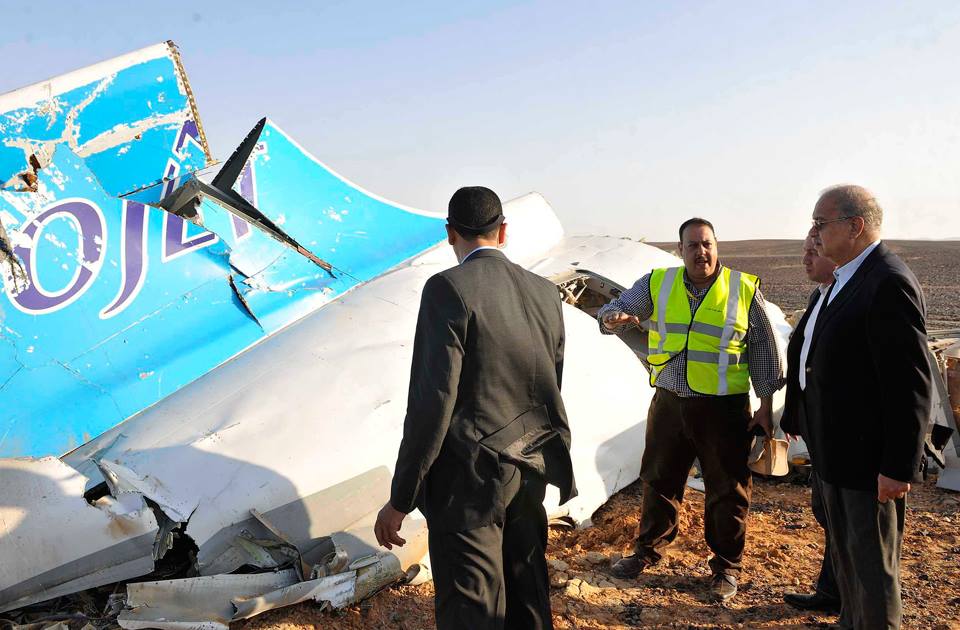Egyptian ambassador to the UK Nasser Kamel blamed Prime Minister Theresa May for obstructing the resumption of flights to Sharm El-Sheikh. Kamel told BBC Radio 4 program on Friday that Egypt has done its part in upgrading security measures not only in airports but also in resorts of Sharm El-Sheikh. According to Kamel, Egypt invested millions of dollars in airport security, bringing independent international security experts to assess the situation. “It’s mind-boggling. Whenever I speak to any officials about the prolonged suspension, they all seem for the resumption. It seems that the delay is stuck somewhere higher.” When asked why he thinks flights have yet to be resumed, he said, “This is a question you should be asking the the prime minister.” The UK remains the only country in the EU that still did not resume its flights to the Red Sea resort, following the crash of the Russian Metrojet flight 9268 in October 2015. The crash killed all 224 passengers and crew. The Islamic State claimed responsibility for the attack. While investigations are still ongoing to examine the reason for the crash, Kamel said regardless of the cause, Egypt…
Egypt Ambassador Accuses UK Prime Minister of Blocking Flight Resumption to Sharm El-Sheikh
November 19, 2016



